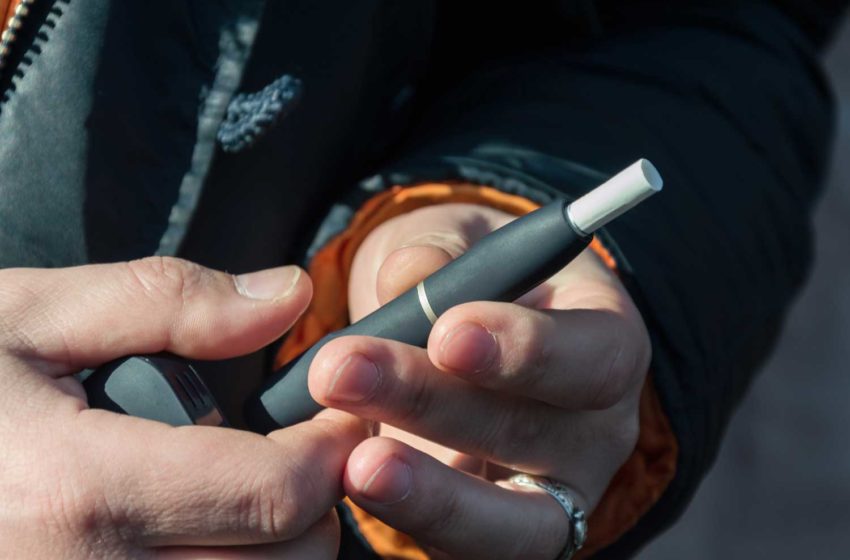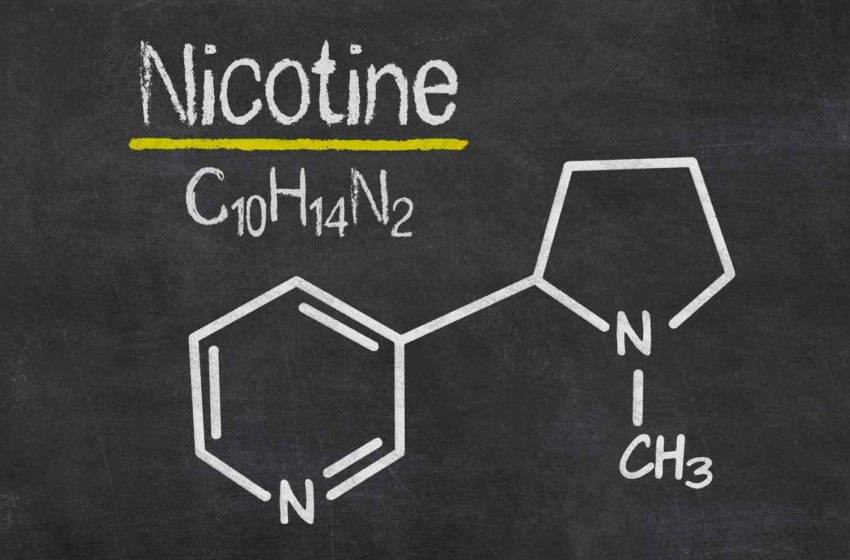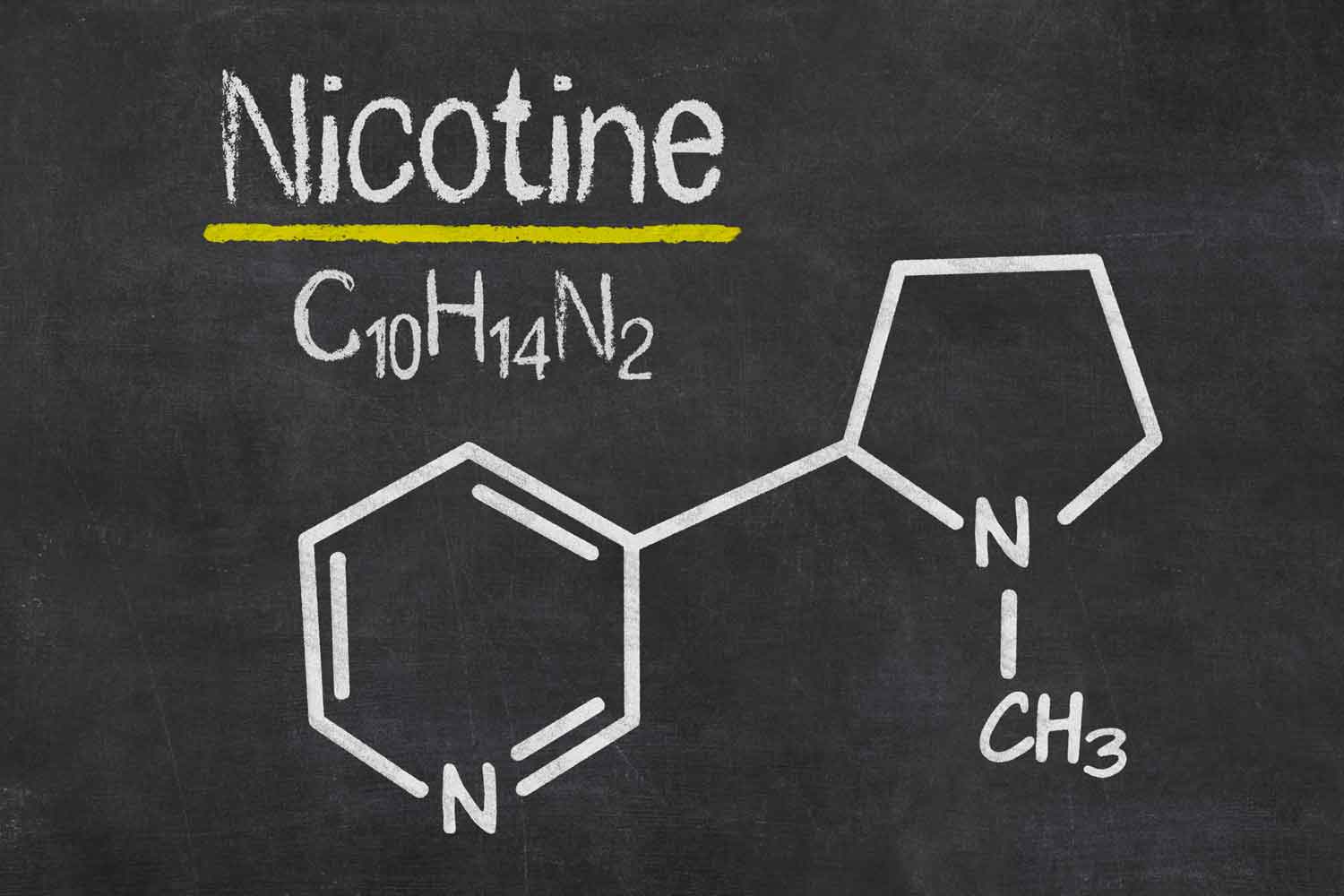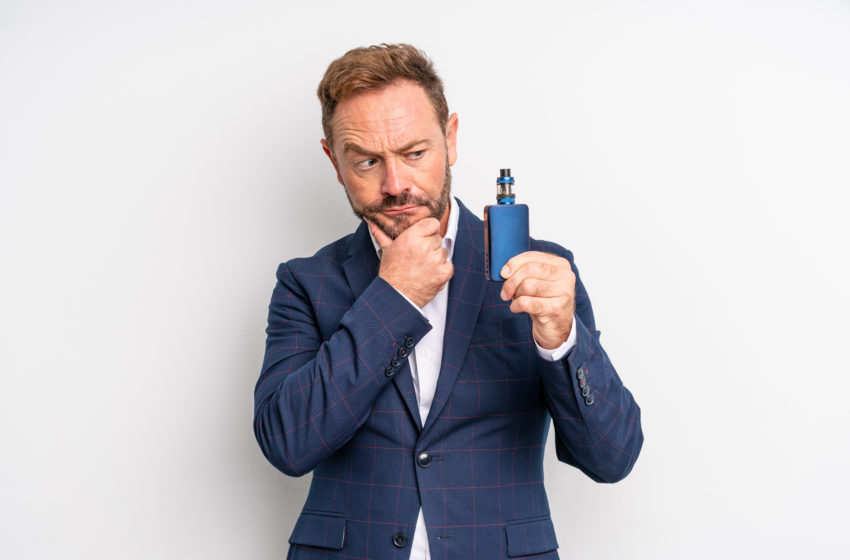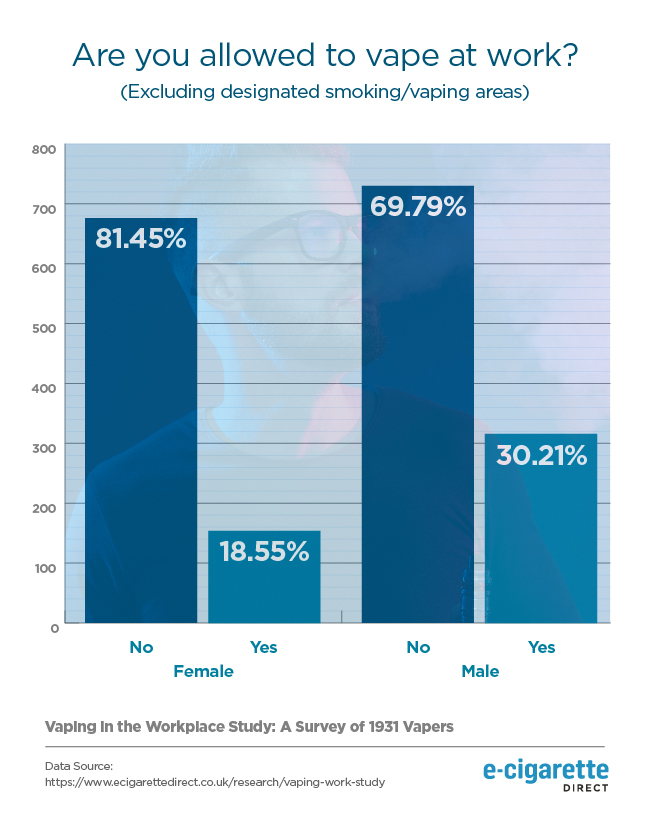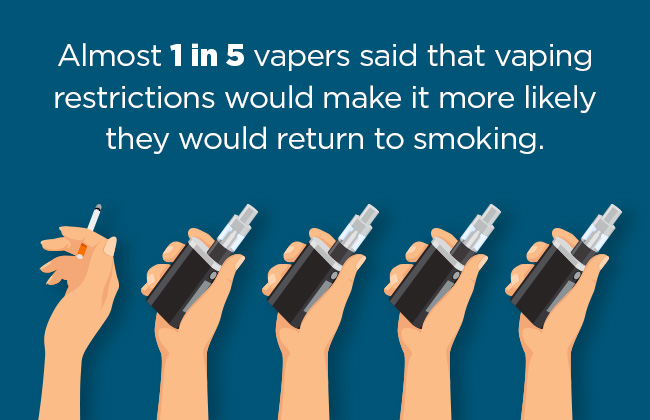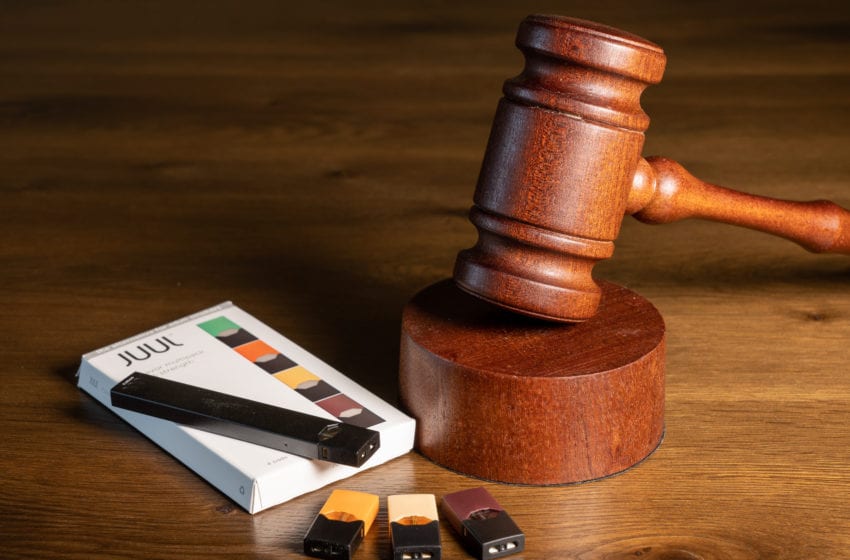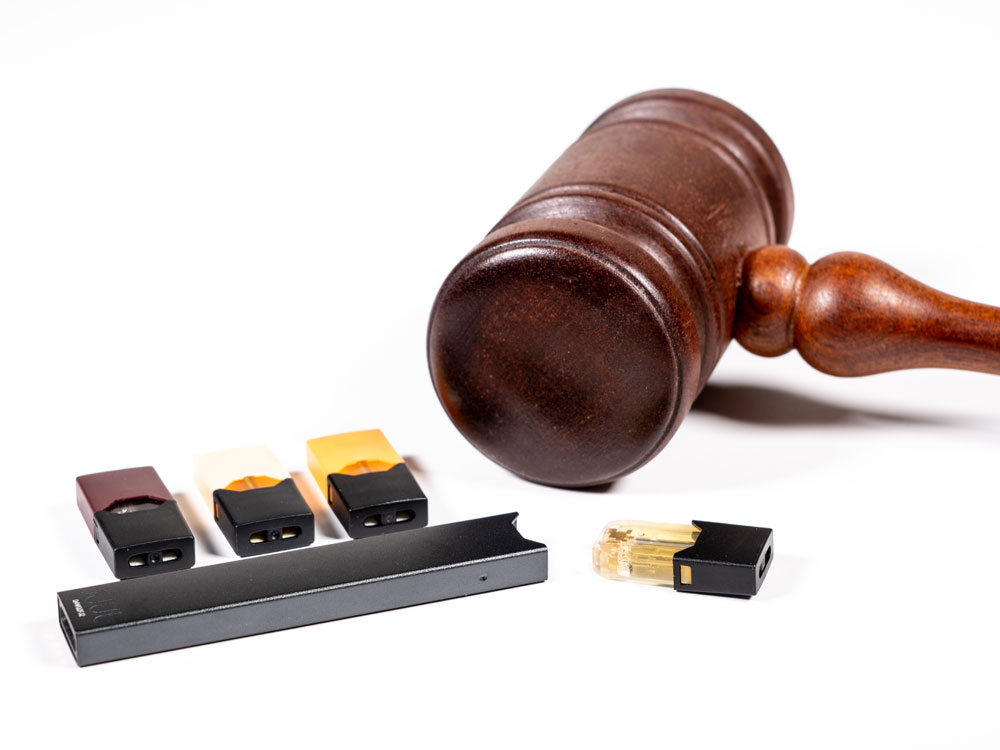
The health groups that brought forward the submission deadline for U.S. premarket tobacco product applications (PMTAs) through litigation have asked the federal judge in that case to require the Food and Drug Administration to regularly report on its PMTA review process, reports Vaping360.
On Nov. 15, an attorney representing the plaintiffs sent a letter to U.S. District Court Judge Paul Grimm. The groups want Judge Grimm to force the FDA to explain its progress on PMTAs submitted by mass-market vaping brands.
“Plaintiffs will seek a modification that would require FDA to provide regular status reports to the Court giving FDA’s estimate of the date(s) by which it expects to complete its review of the Premarket Tobacco Product Applications (PMTAs) for all products for which PMTAs were filed by Juul, Vuse, NJOY, Blu, SMOK, Suorin, and any other brands that rank among the top 10 brands in market share, according to FDA,” wrote attorney Jeffrey Dubner on behalf of his clients.
Earlier in the review process, the FDA announced it would prioritize its resources to complete assessments of the most popular products first. But when the agency’s self-imposed one-year review deadline rolled around, the FDA had made no decisions on the products with the greatest market share.
To date, the FDA has ruled on only one mass-market vaping product—Vuse Solo, a dated product with limited market share.
In addition to asking Judge Grimm to monitor the FDA’s PMTA review progress on popular vape brands, the plaintiffs complain that the agency has not taken any enforcement actions against companies still waiting for a PMTA decision.
The plaintiffs in the lawsuit against the FDA are the American Academy of Pediatrics and its Maryland chapter, American Cancer Society Cancer Action Network, American Heart Association, American Lung Association, Campaign for Tobacco-Free Kids, and Truth Initiative.


